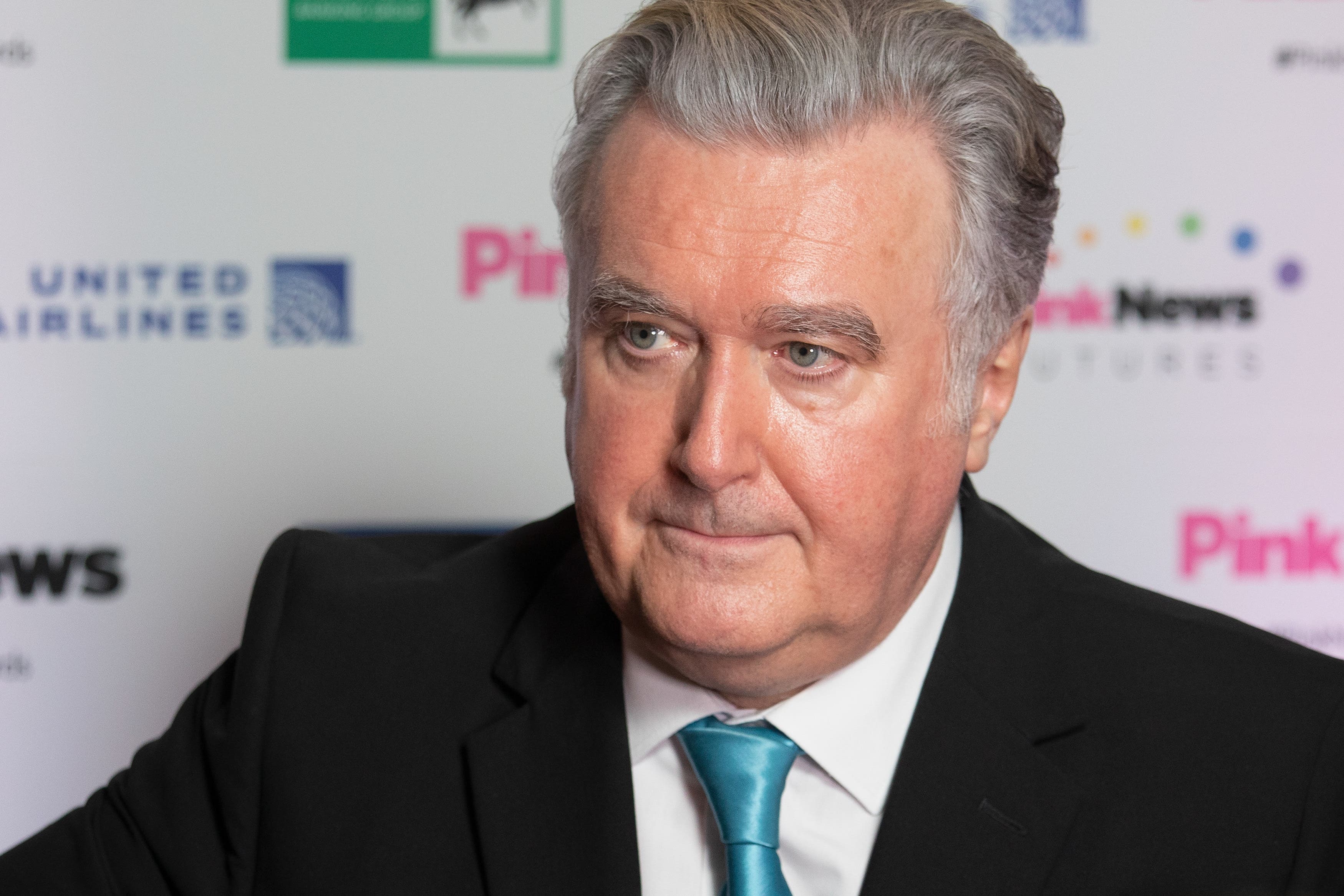Speaker to allow debate on SNP MP conduct after Twitter post
Sir Lindsay Hoyle rebuked the MP last week for sharing the Commons Speaker’s correspondence.

Your support helps us to tell the story
From reproductive rights to climate change to Big Tech, The Independent is on the ground when the story is developing. Whether it's investigating the financials of Elon Musk's pro-Trump PAC or producing our latest documentary, 'The A Word', which shines a light on the American women fighting for reproductive rights, we know how important it is to parse out the facts from the messaging.
At such a critical moment in US history, we need reporters on the ground. Your donation allows us to keep sending journalists to speak to both sides of the story.
The Independent is trusted by Americans across the entire political spectrum. And unlike many other quality news outlets, we choose not to lock Americans out of our reporting and analysis with paywalls. We believe quality journalism should be available to everyone, paid for by those who can afford it.
Your support makes all the difference.The Commons Speaker has said he will allow a debate on the conduct of SNP MP John Nicolson in the House on Tuesday.
Sir Lindsay Hoyle rebuked the MP last week for sharing the Commons Speaker’s correspondence on Twitter.
Conservative former Cabinet minister David Davis said then that Mr Nicolson had breached the confidentiality of the Speaker.
On Monday, Sir Lindsay told MPs: “I have received a letter from (Mr Davis) requesting that I give precedence to a matter as an issue of privilege.”
He told MPs “The matter in question is the conduct of (John Nicolson) relating to private correspondence between him and my office”.
Sir Lindsay said: “It is not for the chair to decide whether a contempt has been committed, but instead whether there is an arguable case for the House to examine such.
“I have considered the issue, taking account of the advice from the deputy speakers and clerks of the House, I have decided this is a matter that I should allow the precedence according to the issue of privilege.
“(Mr Davis) may therefore table a motion to be debated tomorrow. The motion will appear on tomorrow’s order paper.”
Last week, Sir Lindsay called on Mr Nicolson (Ochil and South Perthshire) to apologise for posting part of his letter relating to a decision on referring Conservative former culture secretary Nadine Dorries to the Privileges Committee.
Making a statement in the chamber following PMQs, the Speaker said: “(He) has seen fit to give a partial and biased account of my letter on Twitter and I await his apology… It is not the way we should be doing business in this House.”
Responding, Mr Nicolson said: “I want to put on record that I deplore social media pile-ons against you or indeed anyone else. I’ve been on the receiving end of them and they’re exceedingly unpleasant.
“But could I ask for guidance on what I and other members should tell their constituents about integrity in politics in this context? If someone misleads a committee, what should happen next?”
Sir Lindsay replied: “Printing the letter but only half the letter is not integrity – in fact, far from it.
“It misled the people of this country, it certainly put me in a bad light with the people of this country, and I don’t expect that to happen – an impartial Speaker – so if that was an apology I don’t think it was very good.”
Intervening, Mr Davis said: “There is a duty of upholding the institutions of this House. Clearly, in breaching the confidentiality of the Speaker’s private correspondence, the MP for Ochil and South Perthshire has knowingly broken that rule and… if that was an apology, that was not sufficient.”
Mr Davis claimed: “You (Speaker) were simply following the conventions of agreeing with the DCMS Select Committee of which he (Mr Nicolson) is a member. When they decided not to refer, there was no minority report from him, there was not even a vote against from him.
“It was a unanimous vote so what he was trying to do was to blame you by his partial release of this letter and he was leading the public to believe that somehow you made this decision against the wishes of the committee.”